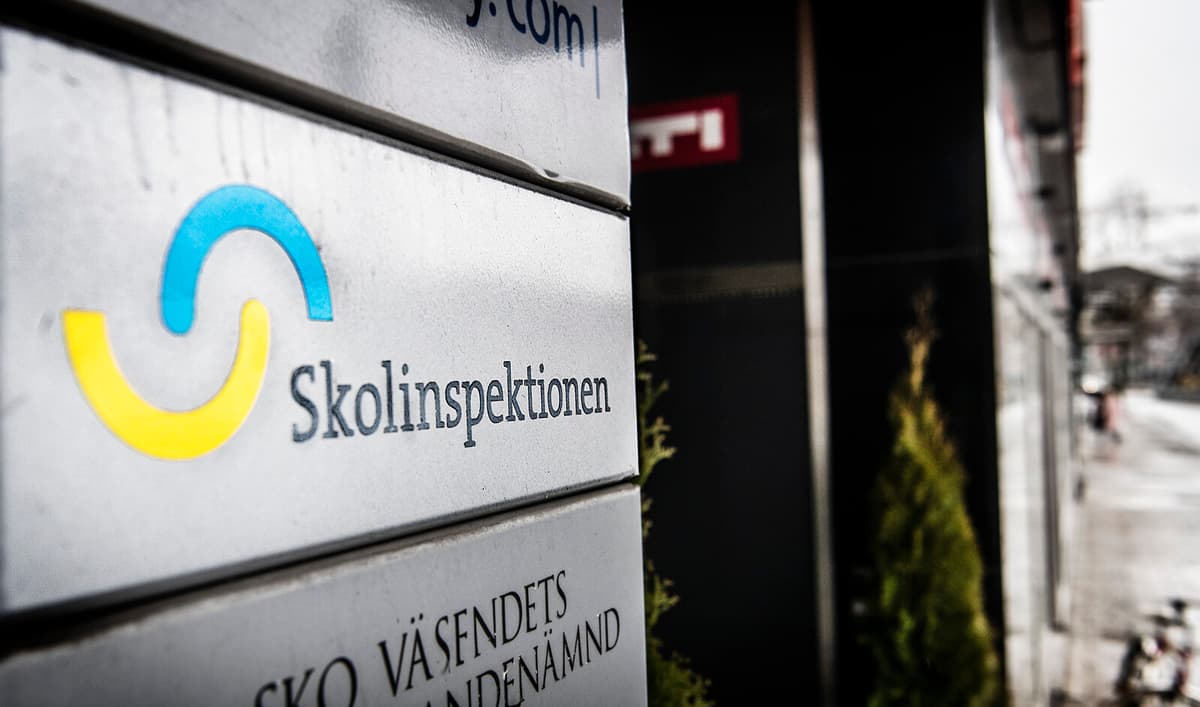The purpose of the control is to protect children and students from individuals who have committed serious crimes, and thereby reduce the risk of children being subjected to abuse or recruited into criminality.
However, when the School Inspectorate made unannounced visits to 60 municipal elementary schools around the country, it turned out that nine of these had not performed the control. This concerned, for example, individuals who had been re-employed and did not need to show a criminal record extract despite having been away from the activity for a longer period of time.
The School Inspectorate writes that the lack of control is a "particularly serious deficiency" since the consequences for the individual or the young person "can be very serious."
The School Inspectorate also saw deficiencies in schools' documentation. At 20 of the 60 schools, the authority had difficulty in reviewing whether the control had actually been performed, since there were missing notes for several employees. In other cases, it did not emerge from the documentation when the control was made and by whom.
Further deficiencies concern how schools handled the criminal record extracts. At 12 schools, the extracts had been saved, which is not permitted. At three schools, the control was made too early, already at the first interview, or when the person had already been employed.
In total, 46 of the 60 schools criticism on some point.
Legislative regulations on criminal record control were introduced in 2001 to strengthen protection against abuse of children.
The extract should cover judgments concerning all forms of sexual offenses as well as child pornography offenses, murder, manslaughter, aggravated assault, kidnapping, and aggravated robbery.
Since 2024, the extract should also cover involvement of minors in criminality and crimes against terrorist legislation.
An inquiry, which is out for referral, has proposed that more crimes should be covered, including weapons offenses and incitement to racial hatred.






